Financial Services: Emerging Issues
Synopsis
Up to a few years ago, there was a wide spread belief in the orthodoxy that liberalization is necessarily good for development and the faster the liberalization the better it is for development. This was the intellectual basis for developed countries to pressurize developing countries to quickly and deeply cut their tariffs and remove non-tariff barriers as well as open up their financial sector and investment regime. However, there has been growing skepticism not only form civil society but also policy makers regarding this orthodoxy. It is being realized that he economic development of a country depends, inter alia, on the growth of the financial system. The larger the proportion of the financial assets (money and monetary assets) to real assets (physical goods and services), the greater the scope for economic growth in the long run. For growth to take place, investment is necessary which flows from the financial systems. Besides, as a scarce factor of production in the less developed countries (LDCs), finance has a crucial role to play in these economies.
Read more
56.70
51.03
$
63.00 $
Free delivery Wolrdwidе in 10-18 days
Ships in 1-2 days from New Delhi
Membership for 1 Year $35.00
Get it now and save 10%
Get it now and save 10%
BECOME A MEMBER
Books by the same author

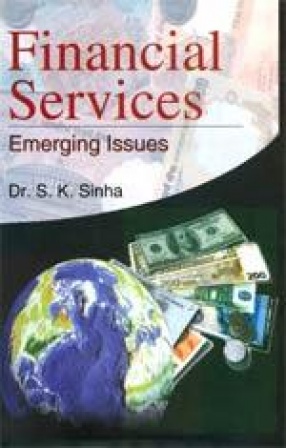
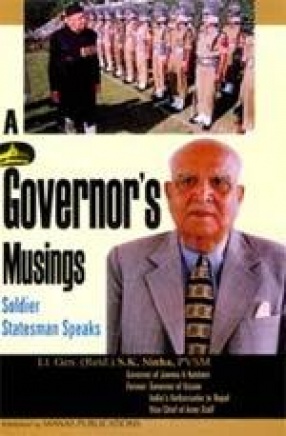
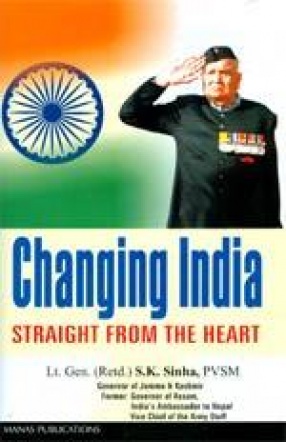
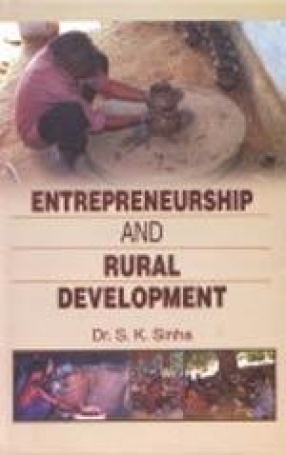
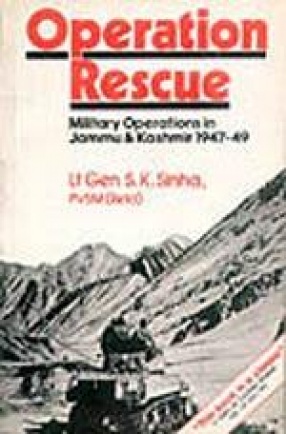





Bibliographic information